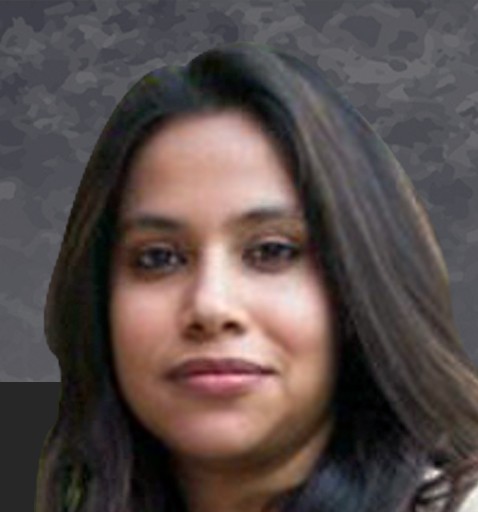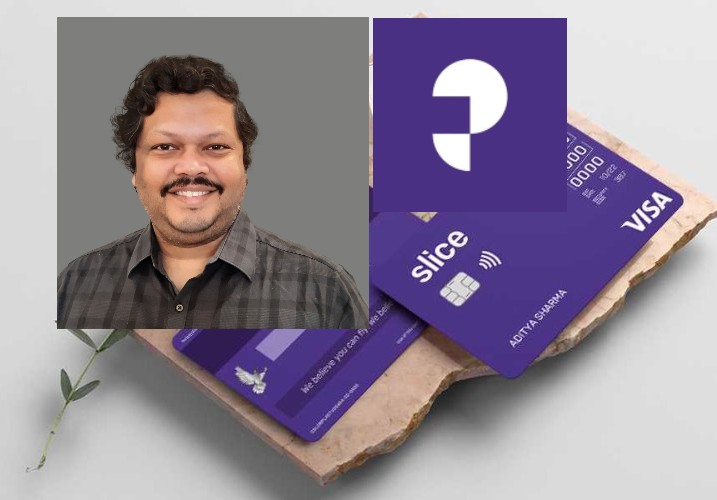Mumbai, NFAPos: World Bank Senior Economist Shrayana Bhattacharya stated post-Covid-19 policy environment brought changes in approaching social protection in policy parlance so that it can bring not only equity but also economic resilience in the life of citizen.
Shrayana Bhattacharya made this observation while speaking at the Haqdarshak Empowerment Solutions Private Limited (HESPL) organised webinar on ‘Social security and welfare during a pandemic’, as part of 5th year anniversary celebration.
“There has been a change in the way we talk about social protection. Until two years ago they were thought of as hand-outs or doles, but the pandemic has made it clear to various stakeholders in the policy making process that these are strategic investments in people’s lives,” said Shrayana Bhattacharya.
World Bank Economist also pointed out that there is a need to ensure people, not just for the sake of equity but for the economy, to be resilient. “This is necessary especially in a country like India, where 80% of the population earns less than $5 a day,” said Shrayana Bhattacharya.
The discussion was moderated by livelihoods and migration expert Amit Garg who brought to light the pain points and how everyone could collectively work towards finding answers to the impending questions.
HESPL 5th anniversary also organised an insightful Q and A session with the panelists to answer some of their pertinent queries asked by the attendees like the “Implementation of Universal Basic Income” or “Quasi-income schemes and their feasibility in the social protection gambit”.
Shrayana Bhattacharya also explained that Quasi-income schemes such as KALIA in Odisha are feasible only if they are consolidated.
“There are 390 such schemes at present and there are clear budget constraints. Hence, the solution lies in not creating the next new scheme but rather consolidating these schemes together. Many states are already consolidating these funds and testing this process which makes it a positive trend,” said Shrayana Bhattacharya.
The discussion, apart from highlighting the need of the hour to link the excluded population to basic social security, also brought the attention to come up with an action plan to private and public sector entities for efforts on their part in collaborating together for a common cause.
The webinar brought out how multiple government schemes beneficial for marginalised communities are not utilised due to lack of documentation, awareness, and institutional structure. It also highlighted how various facets of social welfare from education to healthcare should be interlinked with poverty alleviation, the major problem which schemes aim to solve.
The panelists at the webinar included USAID Advisor Kachina Chawla, Samhita Social Ventures Pvt Ltd Founder and CEO Priya Naik, Educate Girls Founder and Executive Director Safeena Husain and Haqdarshak Founder & CEO Aniket Doegar.
Link of the programme – https://drive.google.com/file/d/1Mb0zJg0oV7opICYDWLB1gXuUtEETWmwa/view?usp=sharing





